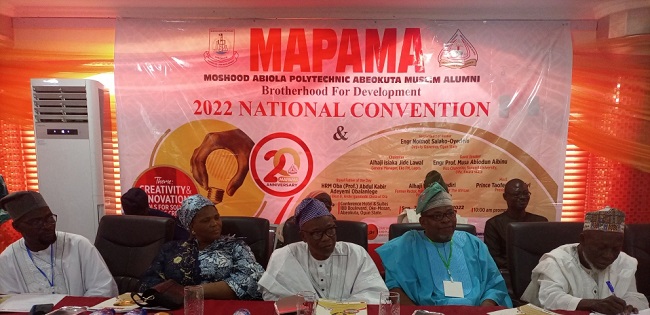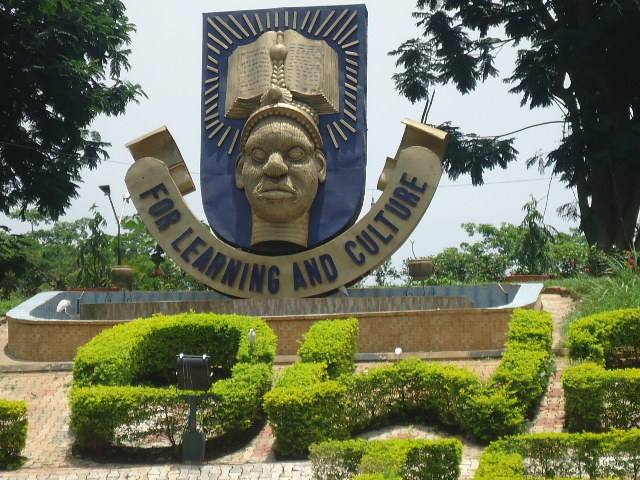[ad_1]
Following the spate of underutilised academic researchers from Nigerian tertiary institutions, the Vice Chancellor of Summit University Offa, Kwara State, Professor Abiodun Musa Aibinu, has said that there is not enough motivation to turn the ideas in the said researches into products that can be used to advance the country’s technological advancement.
He decried the fact that Nigeria was rated 124th in the global innovation rankings in 2021, according to the global innovation index despite having over 300 tertiary institutions.
Abinu pointed out that “the lack of a link between tertiary institutions and industries has created what he called a chasm that discourages mass production, adoption, and transformation of these projects into products that can be marketed to the general public.”
He stated this while speaking on, ‘Creativity And Innovation: Tools For Solving Economic Crises In Nigeria’ during the 2022 Elective National Convention and 20th anniversary of the Moshood Abiola Polytechnic, Abeokuta Muslim Alumni, (MAPAMA).
The VC also berated the several agencies of government responsible for promoting innovation and creativity but have not caused a significant increase in the country’s technological ranking.
He recommended, however, that the use of innovation and creativity can be implemented to significantly develop the economic situation through what he termed ‘Acadoprenuership’.
“For improved advancement, new technologies can be implemented, at a relatively low cost, to tackle most of the problems we face today.
”It is recommended that the necessary stakeholders (academia, industry, government, and the host community) collaborate to explore possible solutions for our society.
“Acadopreneurship simply means turning academic ideas and research outputs into viable business and start-up ventures.
“Acadoprenuership as an enhancer of innovation in Nigeria. It entails turning academic and research outputs into business ventures.
“This can be accomplished through ongoing collaboration and immersion programs between academic institutions and industries in the pursuit of transforming academic outputs into sustainable businesses and start-up ventures.
“If this model is successfully implemented, graduates from tertiary institutions will no longer rely on the government for employment opportunities, but will instead have the drive, creativity, and innovation to transform their knowledge and skills into sustainable firms,” the don submitted.
Speaking earlier, the MAPAMA National President, Prince Taofeek Oyeniyi, said since the creation of the alumni association for Muslim graduates in 2001, it has served as a platform for the spiritual, socio-economic, educational and professional growth of individual members.
Oyeniyi noted that the association has continued to implement key programmes in line with the four-cardinal agenda of economic empowerment, education, welfare and institutional capacity enhancement.
[ad_2]







